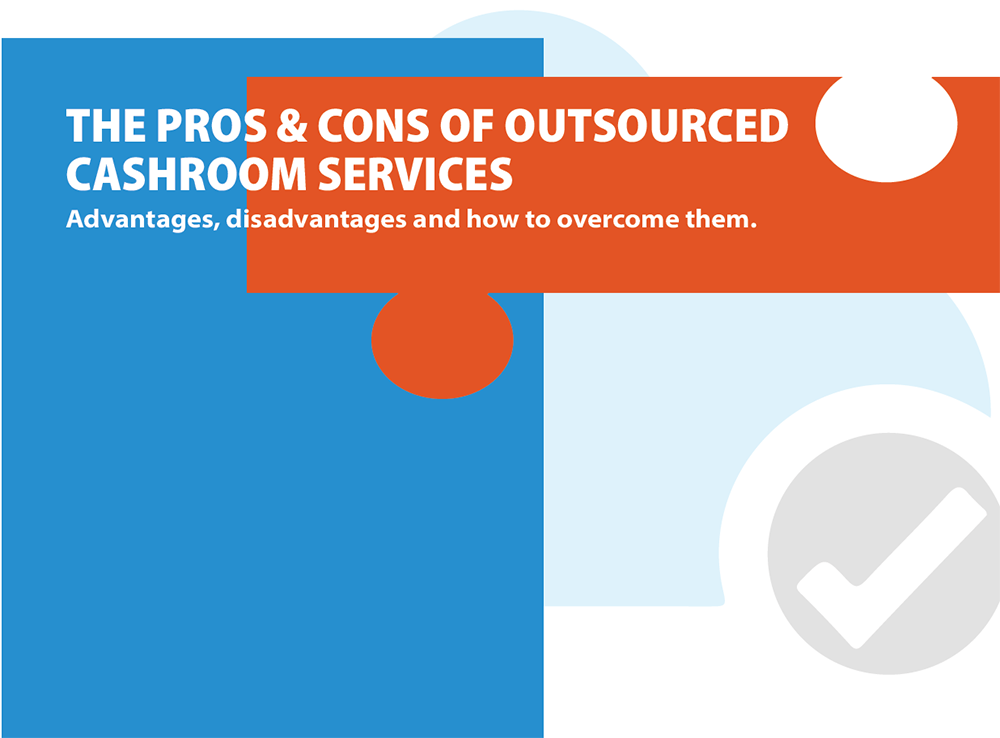What Does a Legal Cashier Really Do for Your Law Firm?
Managing client money is one of the most regulated and sensitive aspects of running a law firm. Legal cashiers play a vital role in keeping firms compliant, accurate, and financially secure.
This guide explains their role, why it matters, and how outsourcing can offer smart, efficient support.
When running a law firm, managing client funds isn’t just a routine task, it’s a critical responsibility with legal and ethical implications. This is where the role of a legal cashier comes in.
But what exactly does a legal cashier do, and why are they essential to every law firm?
Here’s a straightforward guide to understanding this vital role.
The Role of a Legal Cashier
A legal cashier is a specialist who manages the financial side of client accounts within a law firm. Their primary responsibility is to ensure that all client money is handled in strict compliance with legal regulations and accounting standards. This includes:
Processing client payments and receipts accurately and promptly.
Reconciling client account ledgers with bank statements.
Ensuring compliance with professional conduct rules regarding client funds.
Preparing detailed financial reports for the firm and regulatory bodies.
Detecting and preventing errors, fraud, or misappropriation of funds.
Simply put, legal cashiers act as the trusted gatekeepers safeguarding client money, giving both the firm and clients peace of mind.
Why Is a Legal Cashier Essential?
Legal cashiering is not just bookkeeping, it’s a specialised discipline governed by strict regulations designed to protect client interests. Mismanagement of client funds can lead to severe consequences, including:
Regulatory penalties or disciplinary action against the firm.
Loss of client trust and reputation damage.
Potential financial loss or legal claims.
A qualified legal cashier brings expertise that helps prevent costly mistakes, maintains transparency, and ensures the firm’s financial operations are airtight.
Skills and Qualifications of a Legal Cashier
Professional legal cashiers typically hold specific qualifications and memberships in recognised legal accounting bodies, such as The Society of Law Accountants in Scotland (SOLAS) or The Institute of Legal Finance and Management (ILFM).
Their skills include:
Deep knowledge of legal accounting rules and client money regulations.
Attention to detail and strong numerical accuracy.
Experience with legal accounting software and trust accounting systems.
Ability to identify red flags indicating potential compliance or fraud risks.
Supporting Your Firm Beyond the Numbers
Beyond the technical financial tasks, legal cashiers play an important advisory role within law firms. They work closely with solicitors and practice managers to:
Develop and improve internal controls.
Streamline financial processes.
Provide training and support on compliance matters.
Assist with audits and regulatory reporting.
The Rise of Outsourced Legal Cashiering
With the increasing complexity of legal accounting and the demand for specialised expertise, many law firms are turning to outsourced legal cashiering services. Outsourcing means partnering with a dedicated external team who handle your cashiering needs remotely, offering several key benefits:
Access to expert knowledge: Outsourced cashiers are specialists who keep up-to-date with the latest regulations and best practices.
Cost efficiency: Avoid the overheads of recruiting, training, and retaining in-house staff.
Scalability: Easily adjust the level of support based on your firm’s workload.
Risk mitigation: Independent teams provide an extra layer of oversight and reduce internal fraud risks.
Technology integration: Many outsourced providers use secure cloud platforms for real-time access, reporting, and collaboration.
Outsourcing legal cashiering allows law firms to focus on their core legal work while knowing their client funds are in safe, professional hands.
The Role of Technology in Modern Legal Cashiering
While human expertise remains at the core of legal cashiering, technology plays an increasingly important role in improving efficiency and accuracy. Tools commonly used include:
Specialised legal accounting software integrated with trust accounting rules.
Automated reconciliation tools that flag discrepancies for review.
Secure cloud portals that allow remote access while maintaining confidentiality.
Data analytics to spot unusual transactions or patterns suggesting risk.
However, despite advances in automation and AI, technology alone cannot replace the judgement, experience, and ethical oversight provided by professional legal cashiers. The best results come from combining human expertise with smart technology, which is exactly what YourCashier delivers.
Protecting Your Firm: The Value of a Skilled Legal Cashier
A legal cashier is a highly specialised professional crucial to any law firm’s financial integrity and regulatory compliance. Whether you choose to employ an in-house cashier or outsource to experts, understanding this role helps you safeguard client money and your firm’s reputation.
Outsourcing combined with smart technology offers a practical, efficient, and secure way to meet these demands, making legal cashiering both human and modern.



